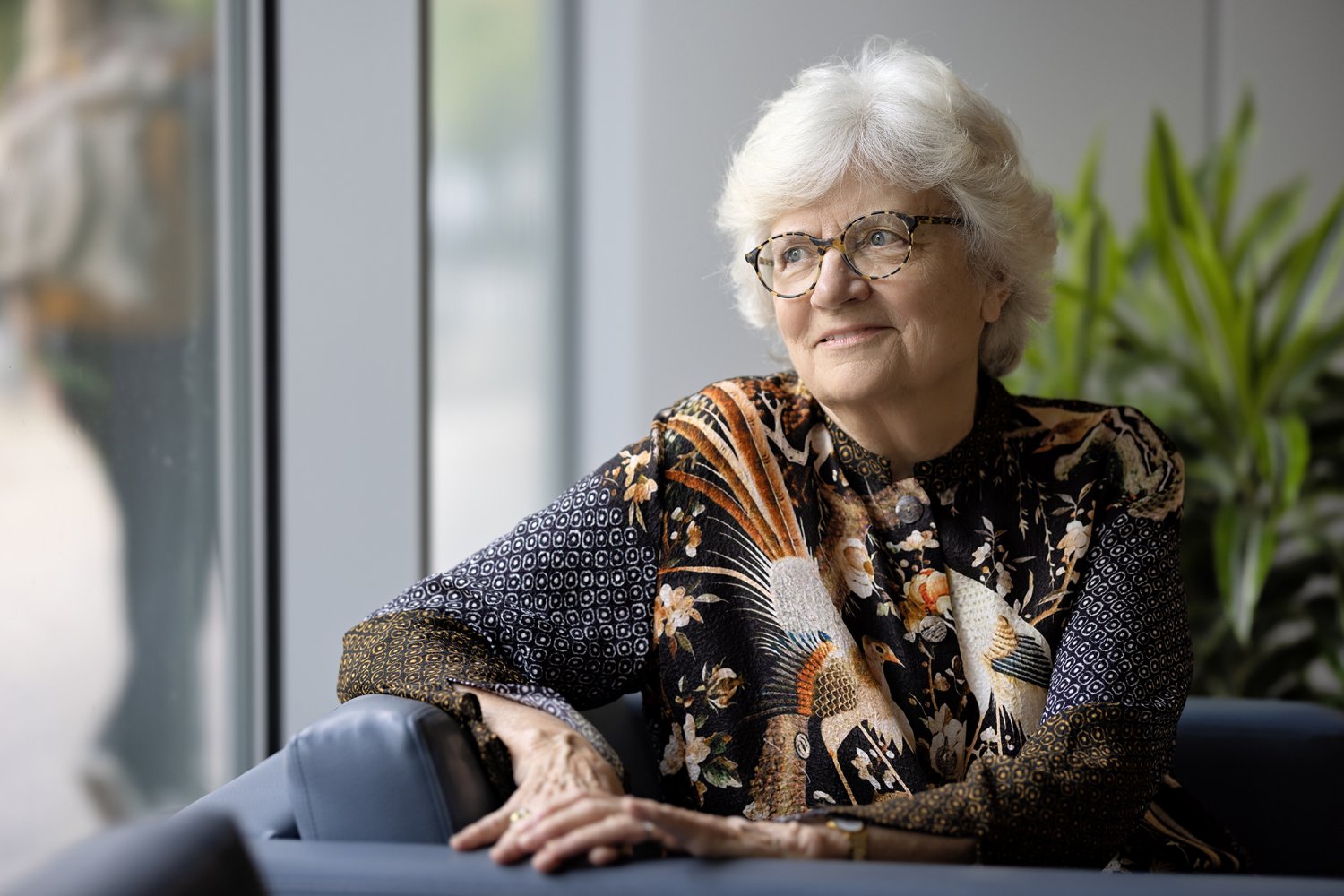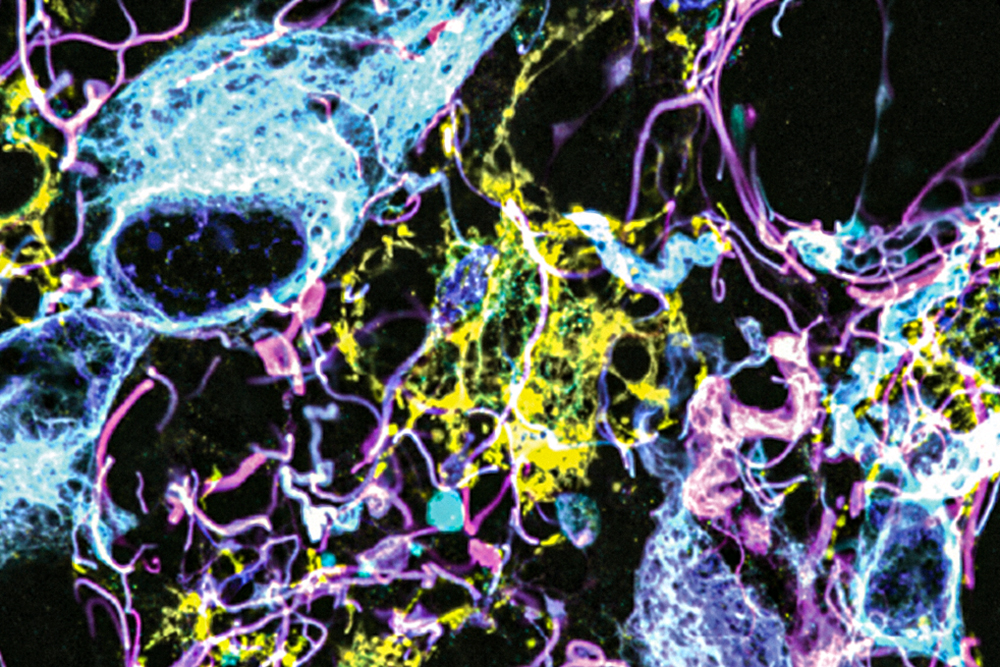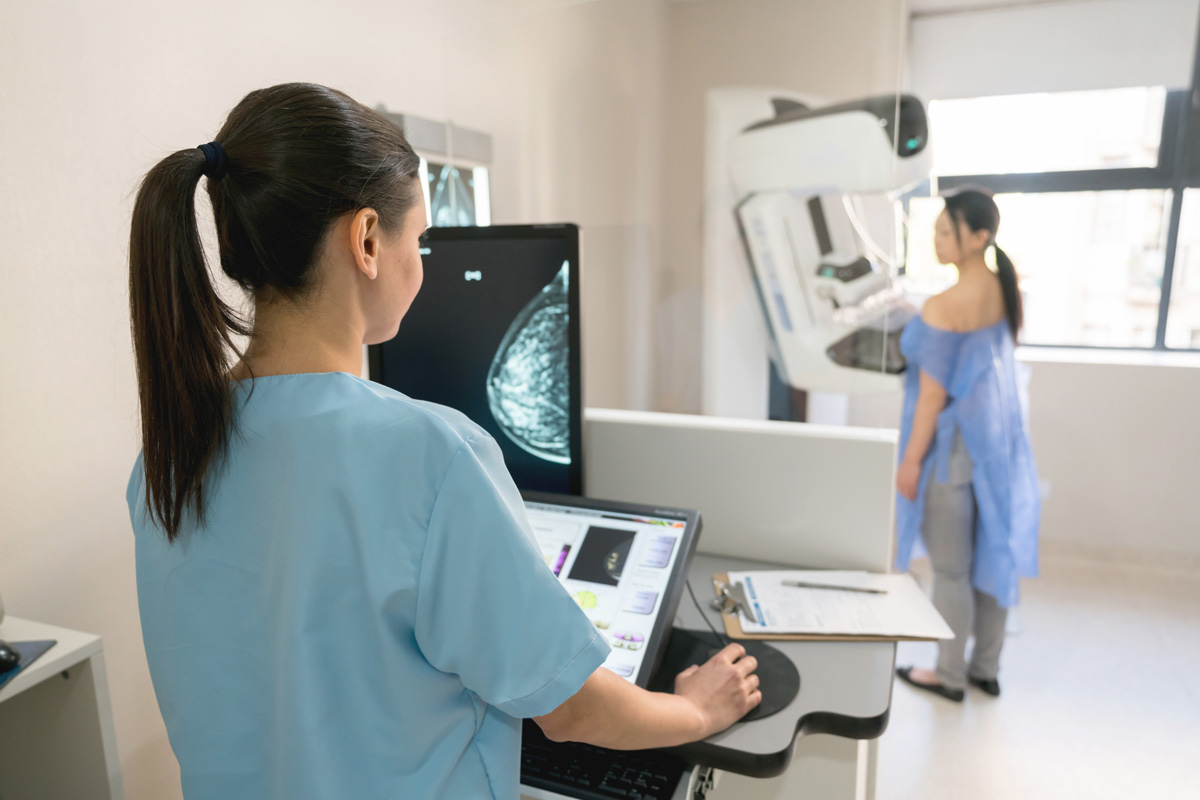In a landmark recognition, Nancy Hopkins, the Amgen Professor of Biology Emerita at MIT, has been awarded the 2024 Public Welfare Medal by the National Academy of Sciences. This prestigious accolade honors her relentless commitment over three decades to championing equal opportunities for women in scientific fields.
The acclaim highlights Hopkins’s instrumental involvement in MIT’s groundbreaking report titled “A Study on the Status of Women Faculty in Science,” published in 1999. This pivotal study, shaped by the collective endeavors of the MIT faculty and administration, unveiled significant disparities faced by women faculty compared to their male counterparts. It not only instigated critical changes in MIT’s policies but also ignited a national dialogue on gender inequities across science and engineering disciplines.
Since its inception in 1914, the Public Welfare Medal has celebrated extraordinary contributions to science for the greater good. Numerous MIT-affiliated scientists have received this medal, including esteemed figures like Karl Compton, Vannevar Bush, and Victor Weiskopf.
“The Public Welfare Medal has been awarded to MIT faculty who have helped define our Institute and scientists who have shaped modern science on the national stage,” said Susan Hockfield, MIT president emerita. “It is more than fitting for Nancy to join their ranks, and — importantly — celebrates her critical role in increasing the participation of women in science and engineering as a significant national achievement.”
Hopkins began her tenure at the MIT Center for Cancer Research in 1973. Initially focused on groundbreaking studies connecting RNA tumor virus genes to cancer, her trajectory shifted in 1989 when she pioneered molecular technologies using zebrafish as a model for vertebrate development and cancer biology.
The need for expanded lab space to accommodate this new research ignited her quest for equity. Finding her lab space disproportionately smaller than her male colleagues’, Hopkins embarked on a meticulous investigation. Armed with measuring tape in 1993, she gathered data to substantiate her hypothesis of bias. Her findings soon resonated with fellow women faculty who shared similar sentiments of differential treatment.
This collective consciousness led senior women faculty to meet, culminated in a formal letter addressed to Dean of Science Robert Birgeneau, and gathered support from prominent professors including Susan Carey and Mildred Dresselhaus, thus laying the groundwork for systemic changes.
Responding to advocacy from women in the School of Science, Birgeneau formed the Committee on the Status of Women Faculty in 1995. Their comprehensive investigation revealed that out of 209 tenured professors, a mere 15 were women, evidencing wage disparities and a lack of resources. Hopkins, along with her colleagues, effectively communicated these findings to the larger MIT faculty, prompting immediate concern from both Birgeneau and MIT President Charles Vest.
Vest described the findings as deep-rooted and undeniable, stating, “I have always believed that contemporary gender discrimination within universities is part reality and part perception. True, but I now understand that reality is by far the greater part of the balance.” This acknowledgment spurred action and led MIT to implement changes to recruitment and retention strategies, thereby enhancing the workplace environment for all faculty.
These changes resulted in increased representation of women in science at MIT without compromising hiring standards, allowing for a more diverse and inclusive environment that fostered success for all faculty. The aftereffects of the 1999 report gained national attention, with Hopkins receiving an influx of speaking requests and correspondence from women in academia seeking change.
Even after her retirement, Hopkins continued her advocacy, co-founding the Boston Biotech Working Group in 2019, aimed at amplifying the roles of women in biotechnology.
Nonetheless, Hopkins attributes her visibility to collaborative efforts, asserting, “An almost uncountable number of people made this happen.” She acknowledges the significant groundwork laid by influential figures like Emily Wick and Mildred Dresselhaus, emphasizing the importance of collective progress in the field.
The National Academy of Sciences will honor Nancy Hopkins with the 2024 Public Welfare Medal in April at its 161st annual meeting. This award adds to her impressive list of accolades, underscoring her dual legacy as a leading scientist and a steadfast advocate for women’s rights in science.
Hopkins’s impressive accolades also include eight honorary doctorates, recognition within the National Academy of Sciences, and various distinguished awards throughout her career.
Photo credit & article inspired by: Massachusetts Institute of Technology



